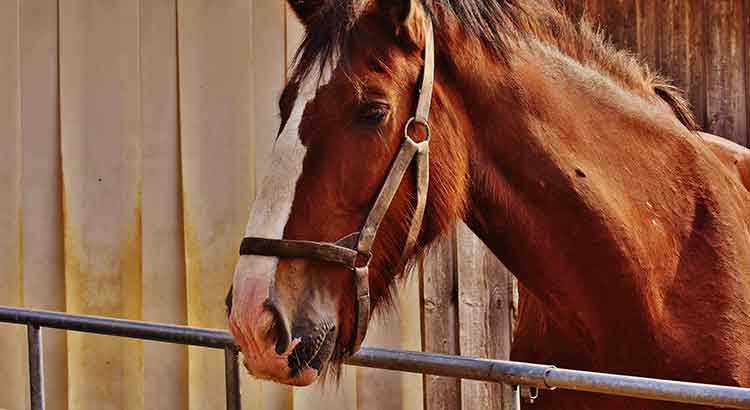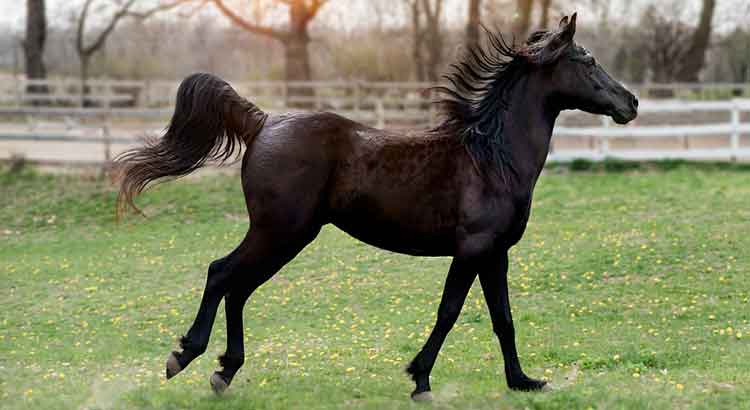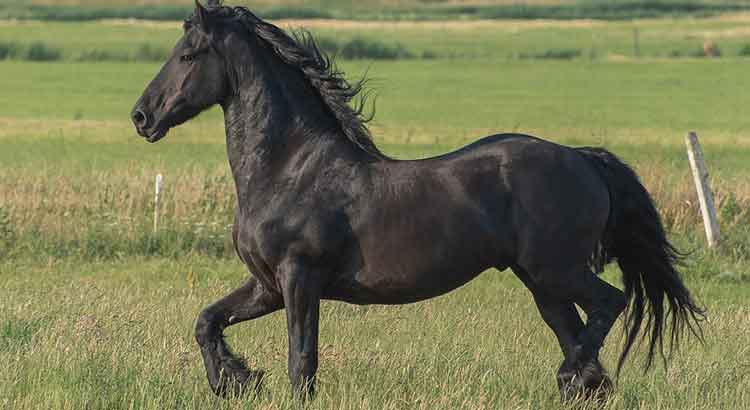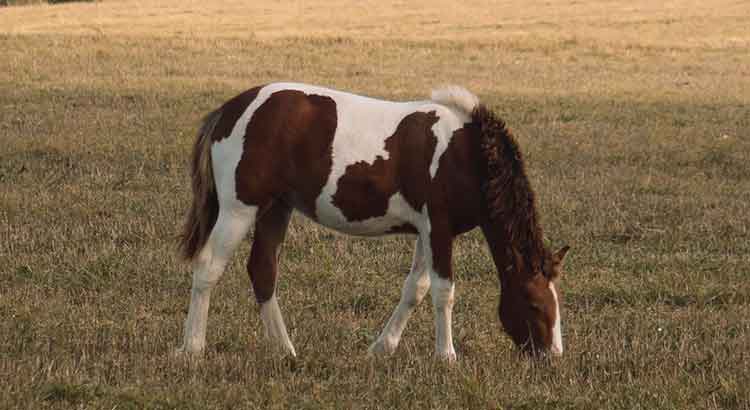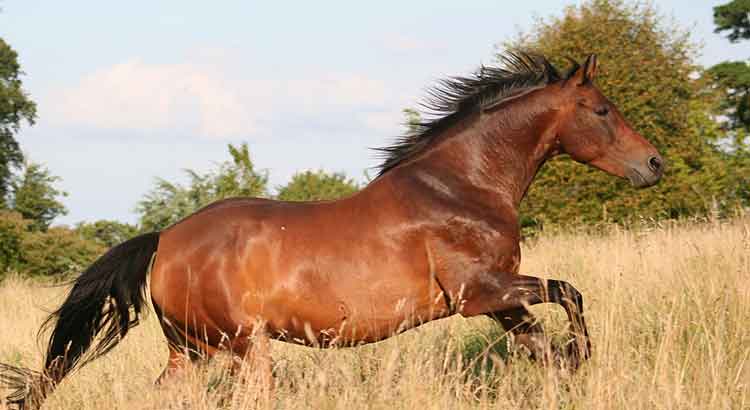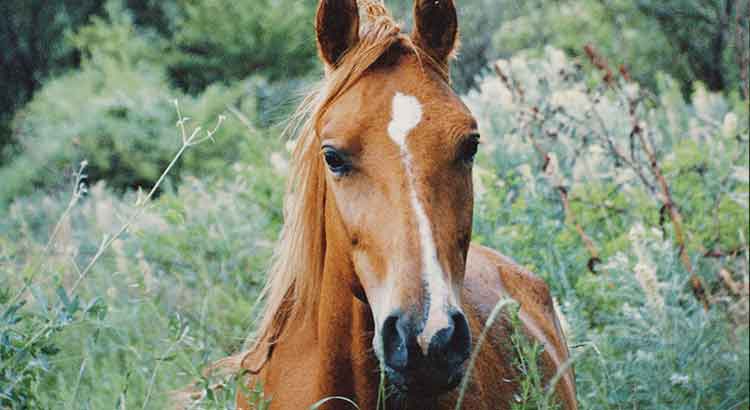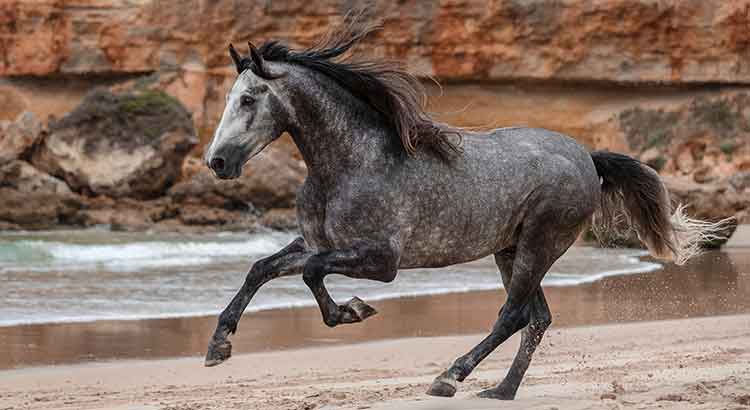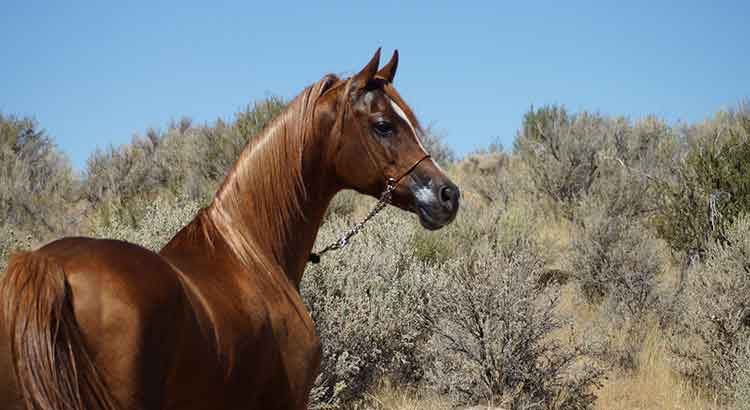Can Horses Eat Bell Peppers? (Nutrition, Portion, Risks)
Are you curious about whether horses can munch on bell peppers? Yes, horses can eat bell peppers in moderation. Bell peppers offer vitamins and fiber but should be given sparingly due to their high sugar content. Explore the nutritional perks, portion sizes, and potential risks associated with adding bell peppers to your equine friend’s diet. … Read more

